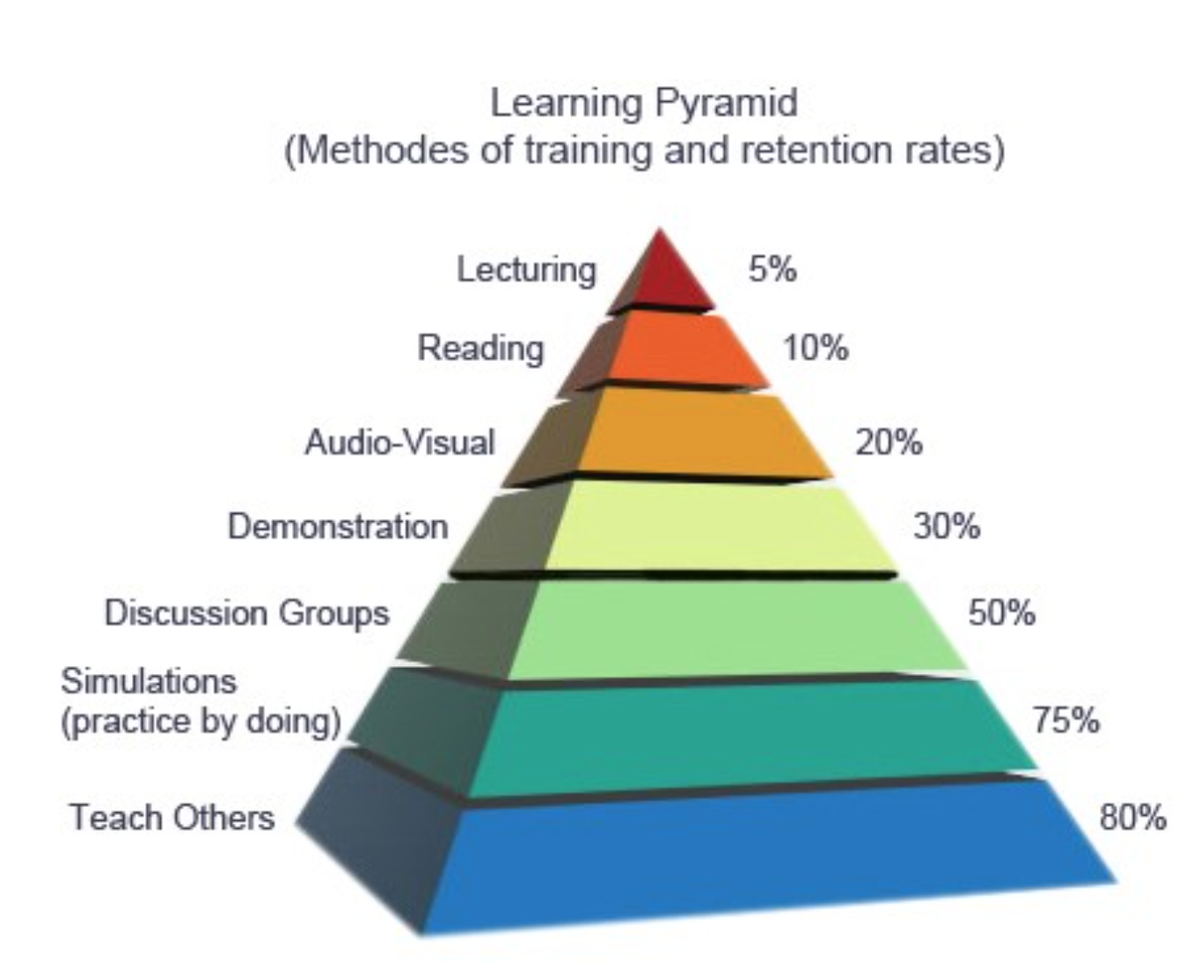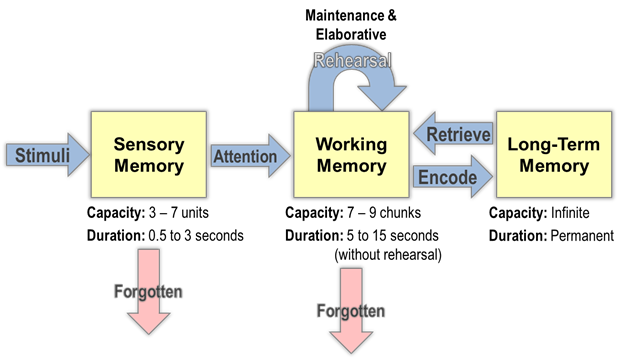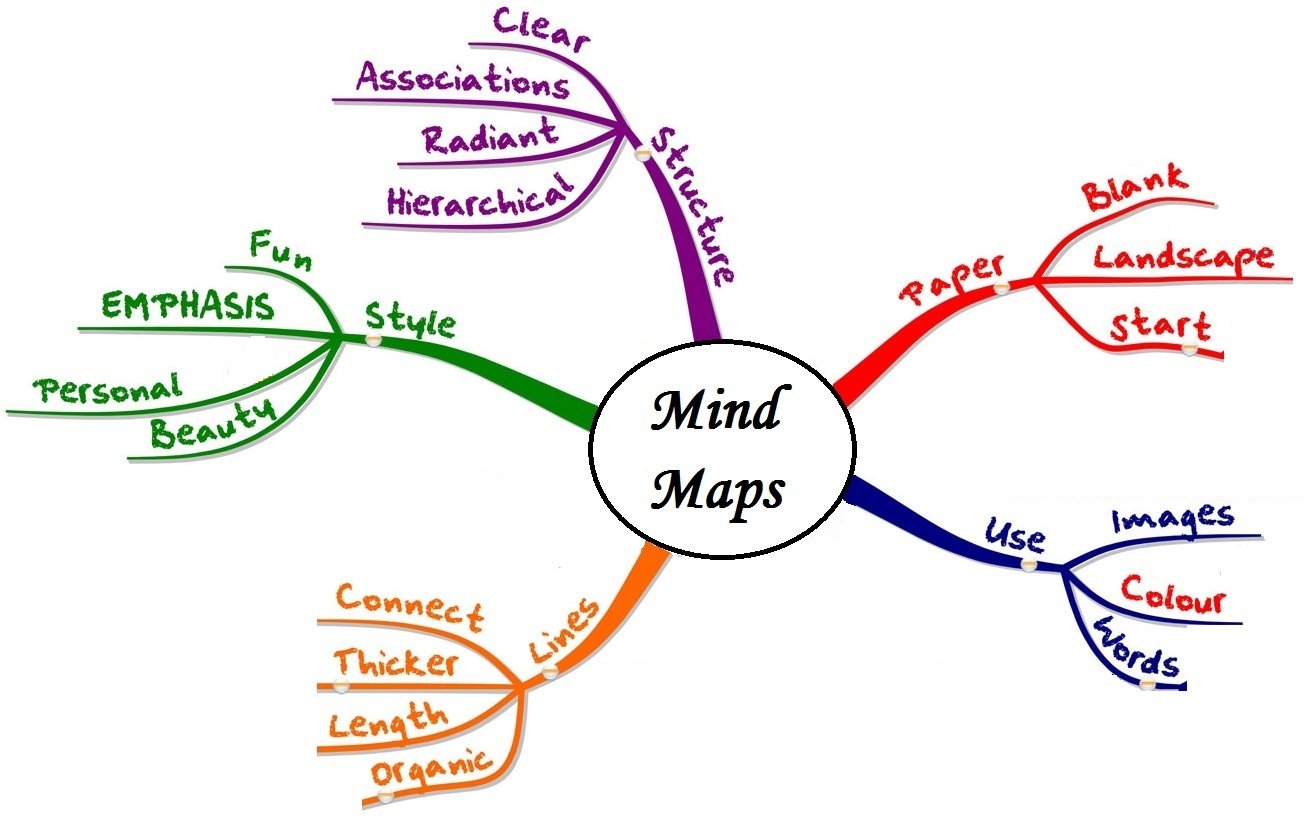MEMORY, LEARNING AND IMPROVING CONCENTRATION
ANALYSIS OF BRAIN


PART OF BRAIN

WHAT IS MEMORY?

Memory is the ability of someone to remember about a few things in their daily life like what they are doing now or what they are doing before or to remain any information in their brain.

TYPES OF MEMORY :


UNDERSTANDING MEMORY PROCESSES
The students require an effective study plan, active study strategies and good memory in order to do well on exams. ‘Having a good memory’ involves both putting information into memory and getting it back out, or in the simple words; both storage and retrieval. Many students don’t really understand on how memory works. It will be very helpful for you to understand why some study strategies work and others don’t if you learn about how we store and retrieve information. Over the years, the psychologists have tried to develop theories on explaining how memory works. The Information Processing Model is one of the most useful theories produced.

MEMORY STRATEGIES
1. GENERAL MEMORY STRATEGIES
- Spaced practice
- Break tasks down
- Repetition
- Overlearning
2. SPECIFIC MEMORY STRATEGIES
- Rehearsal strategies
- Low-level rehearsal strategies.
- High-level rehearsal strategie
- Elaboration strategies
- Association
- Acronyms or Catchword
- Acrostics or Catchphrases
- Imagery
3. COMPREHENSION MONITORING STRATEGIES
5. AFFECTIVE AND MOTIVATIONAL STRATEGIES
HOW TO RETAIN YOUR MEMORY
1. Create Mind Map

2. Teach and Share the Knowledges


WHAT IS CONCENTRATION ?

Concentration means focusing your attention on what you are doing. Do not do any else things that will disturb you and you did not pay your attention so you will miss your important information in your class or where you have been going.
STRATEGIES TO IMPROVE OUR CONCENTRATION


No comments:
Post a Comment